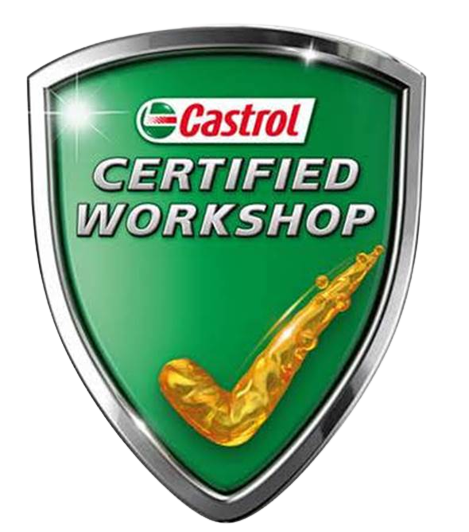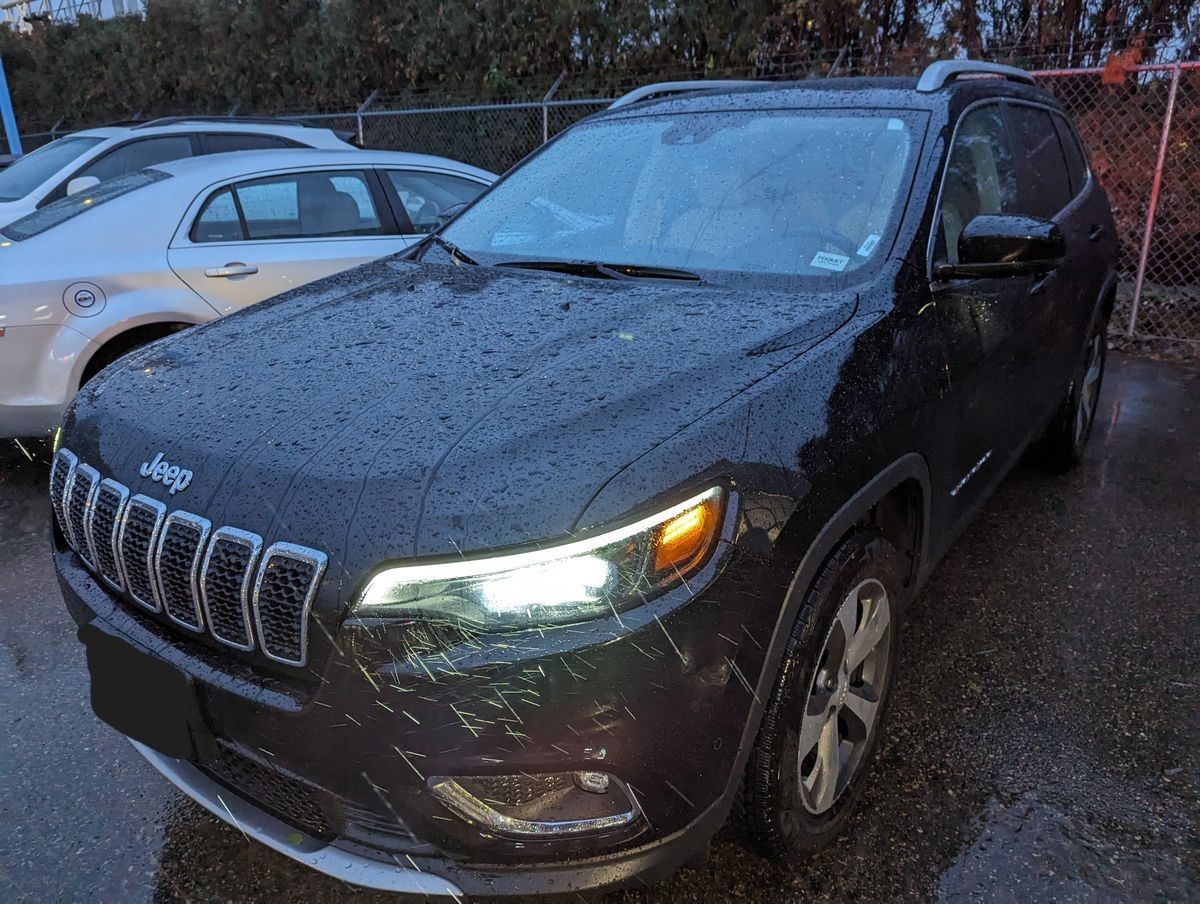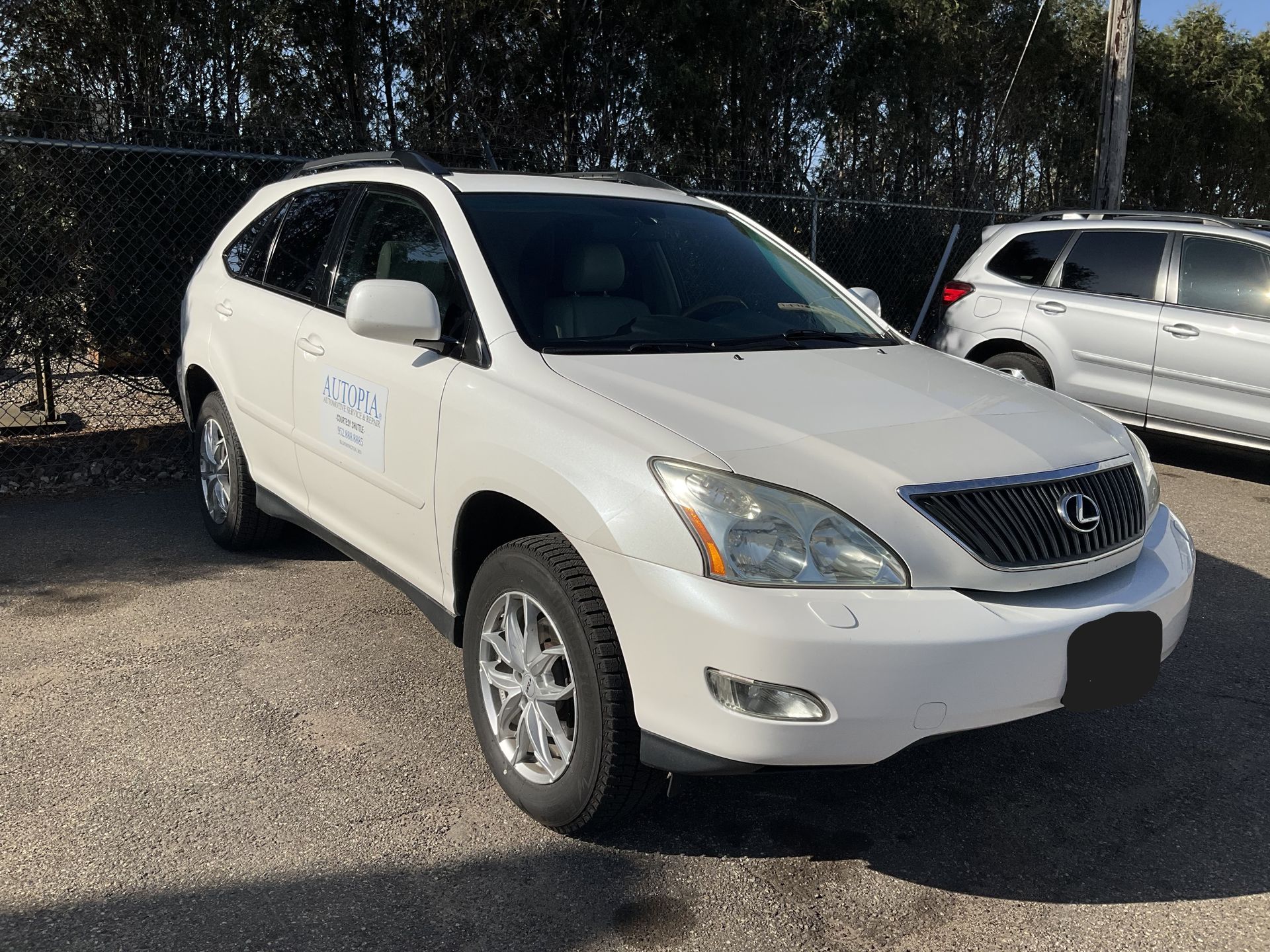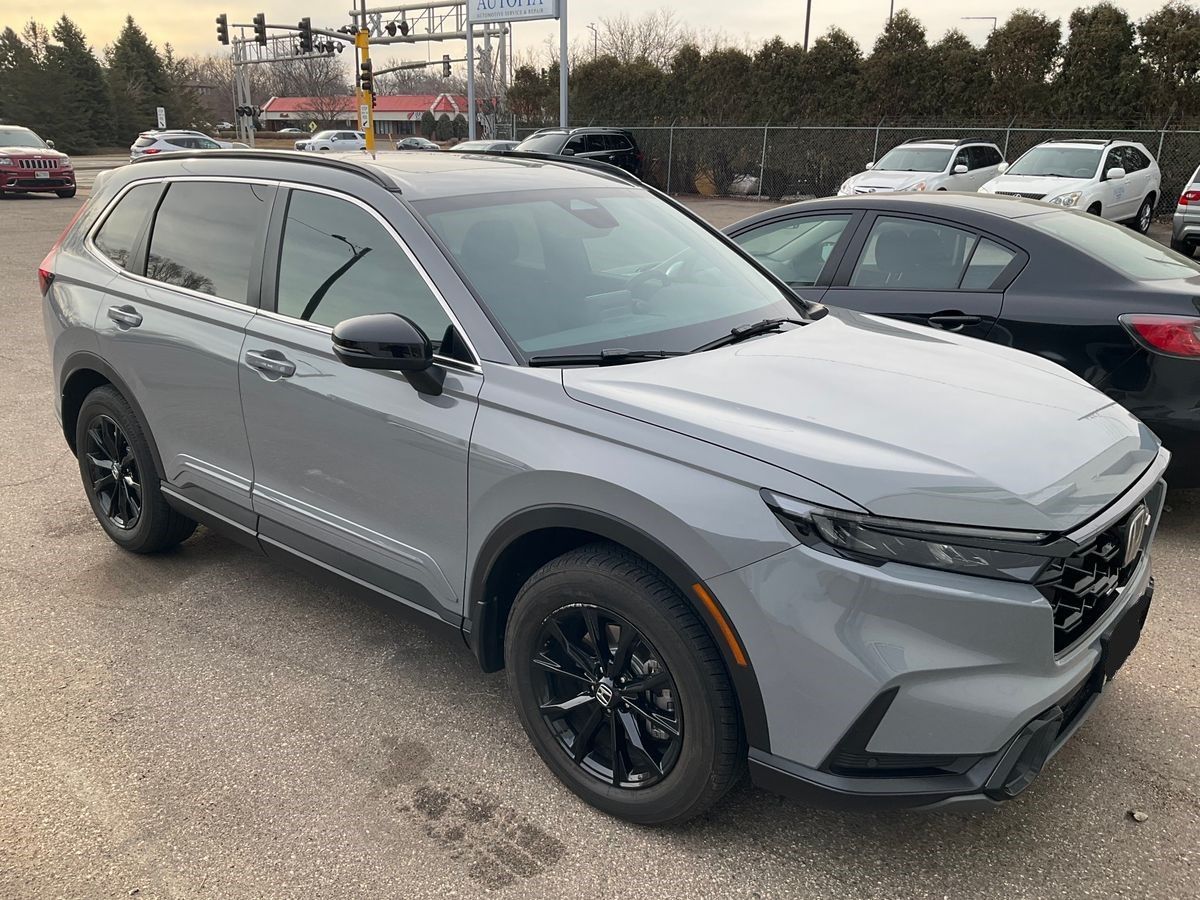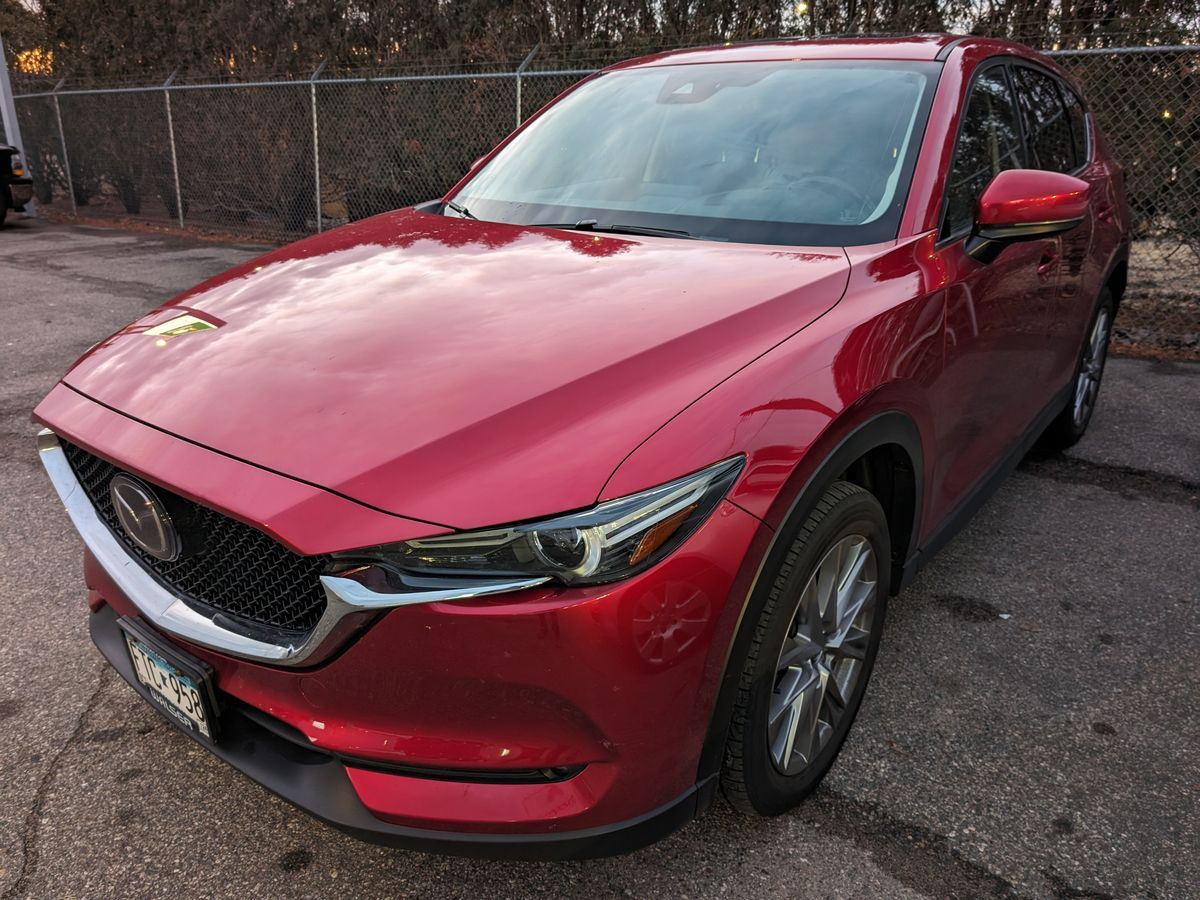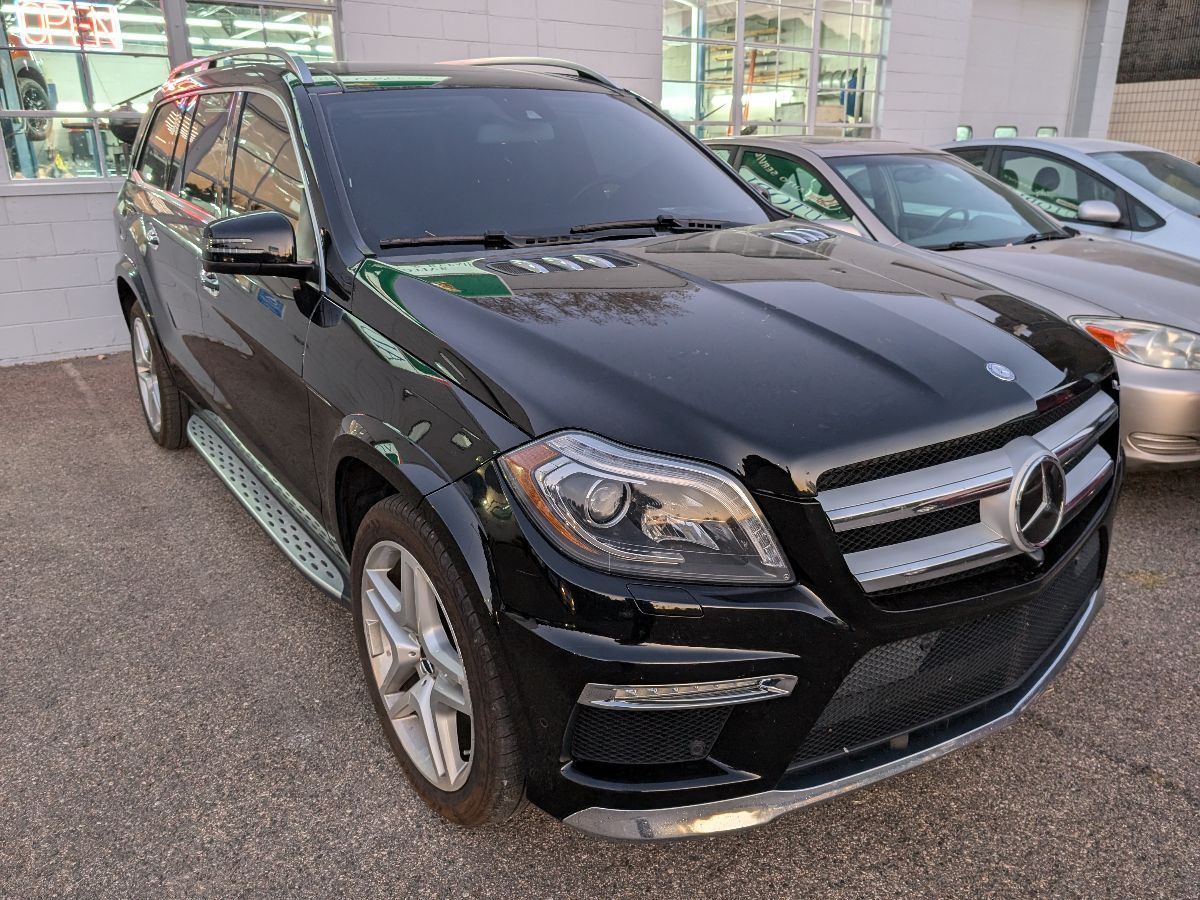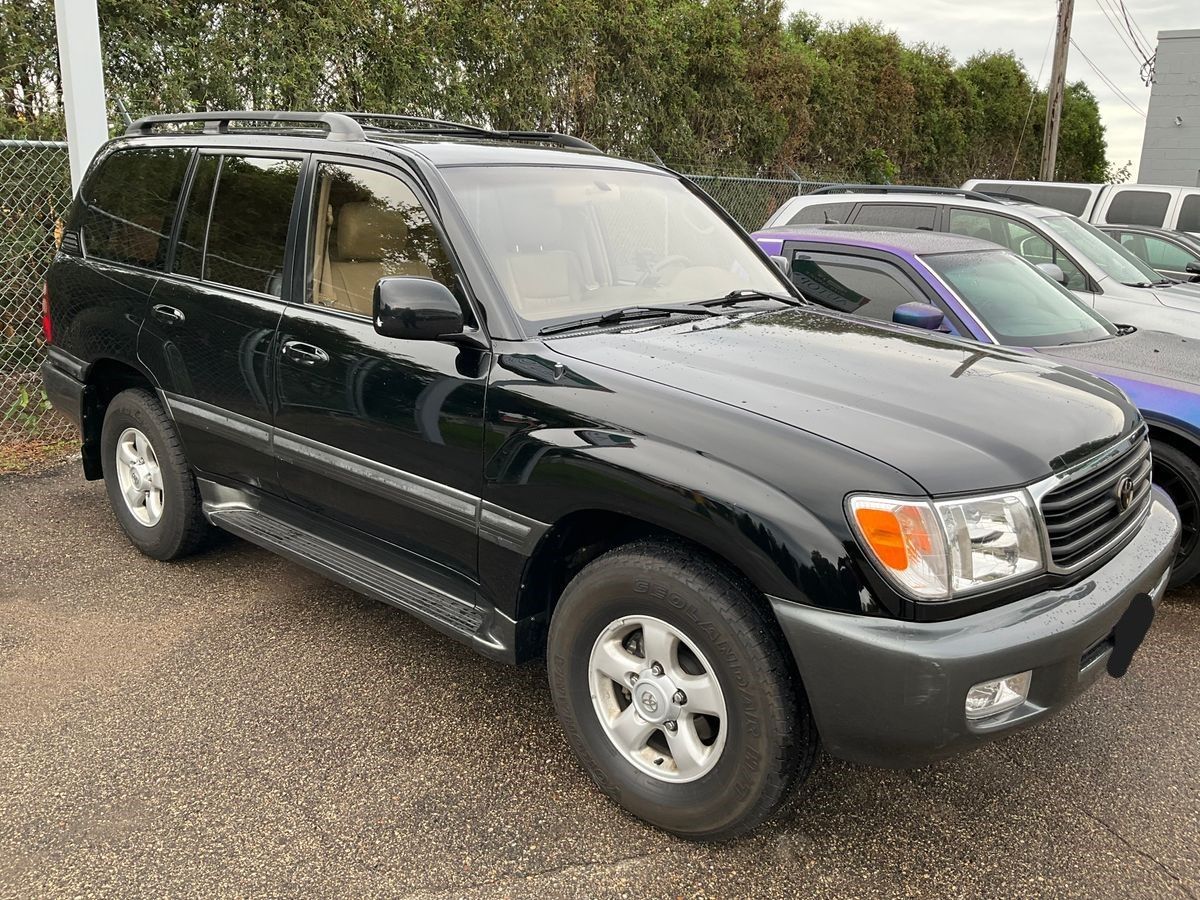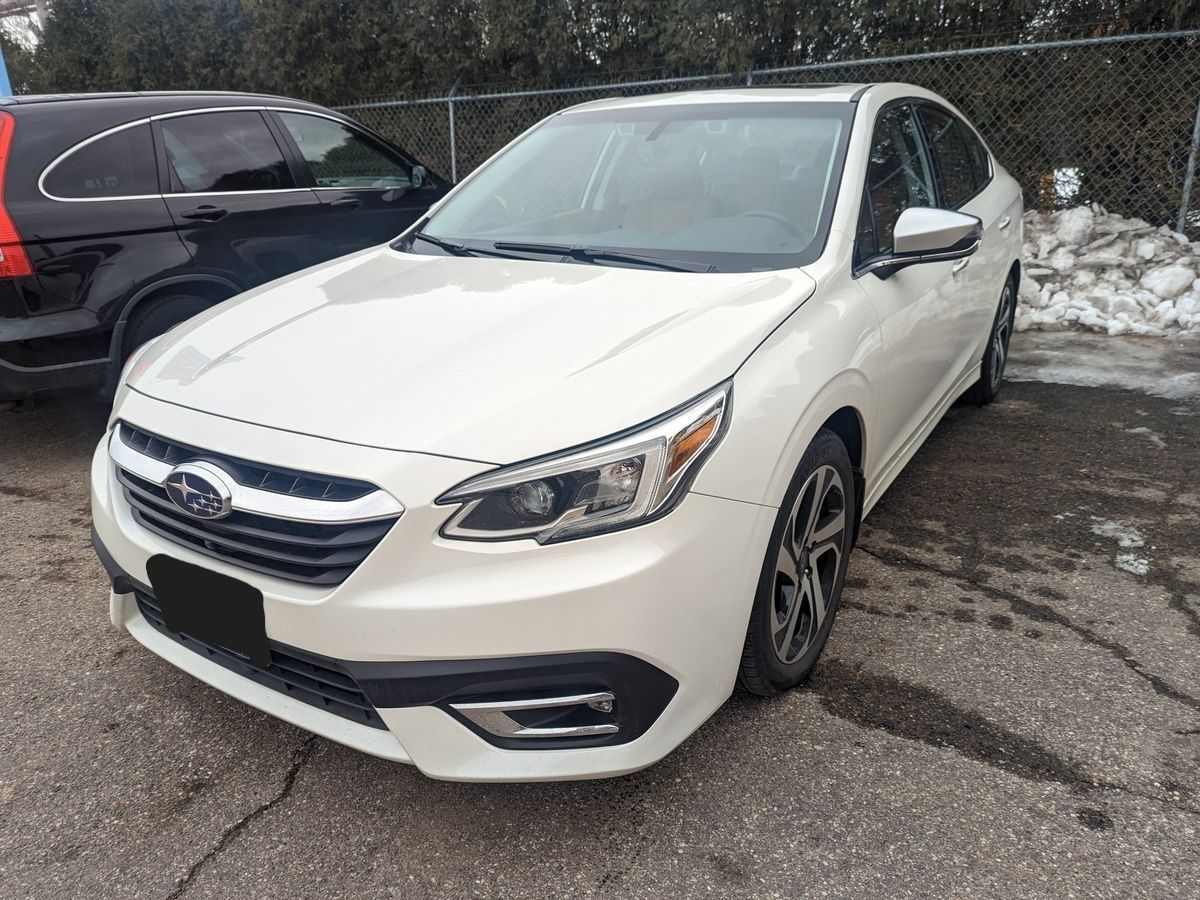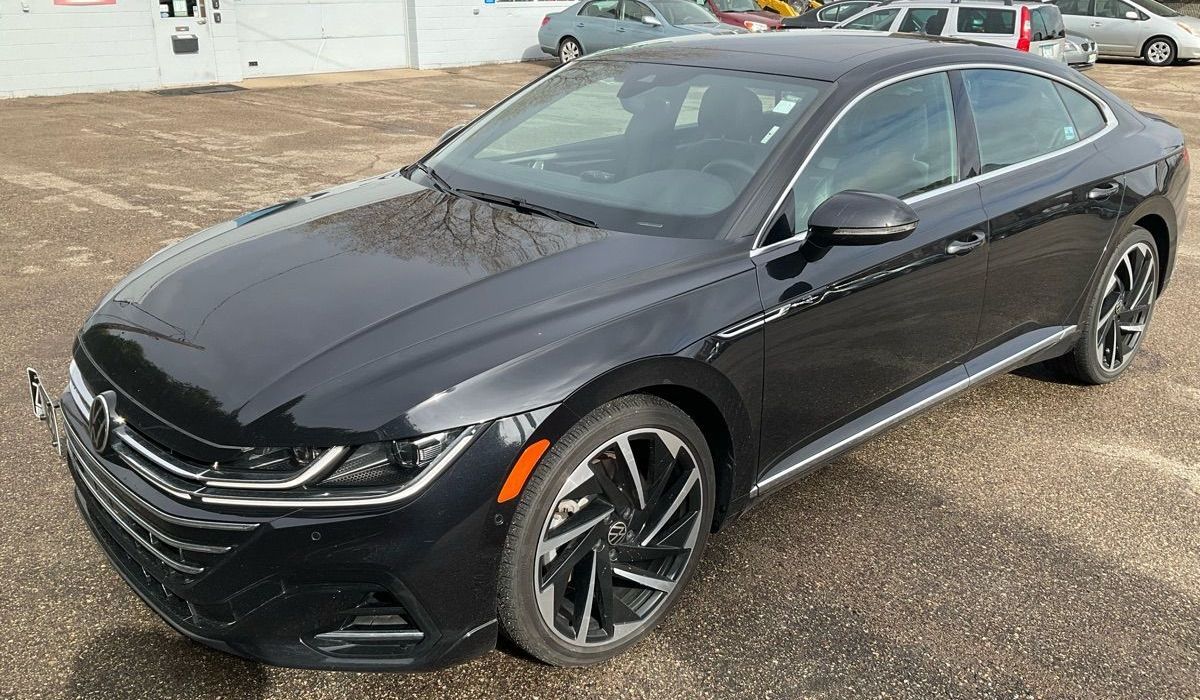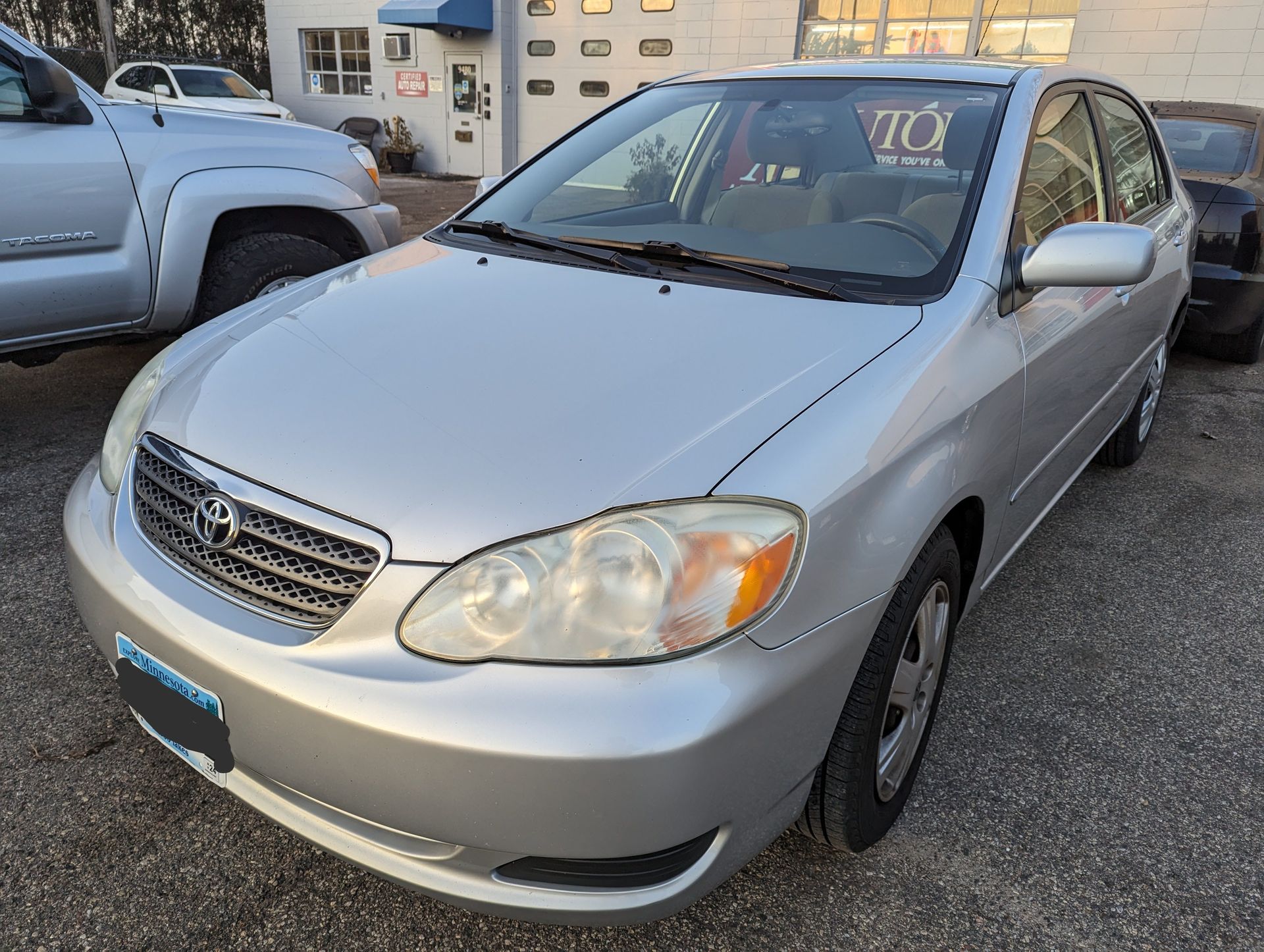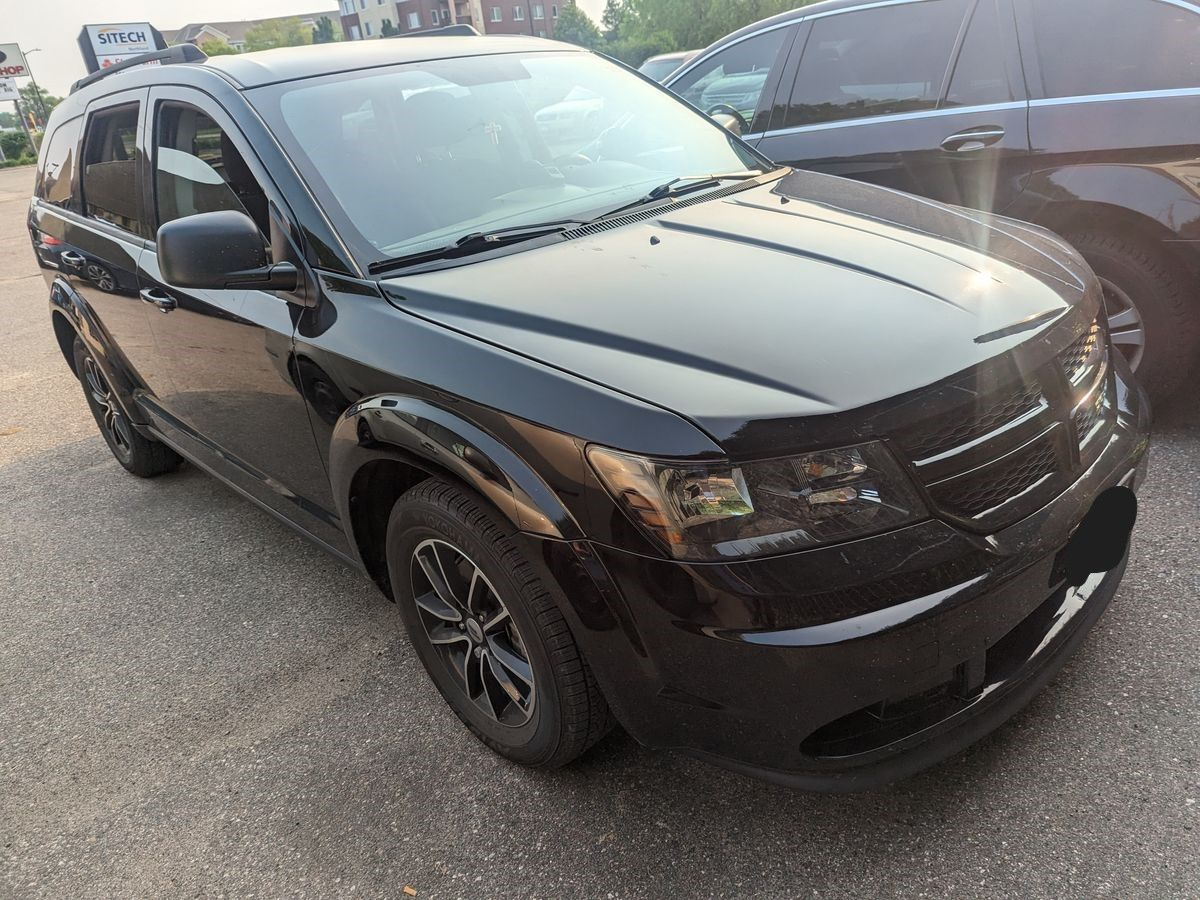Blog #136: Jeep Suspension Problems: How To Spot Trouble Early And Avoid Costly Repairs
Blog #136: Jeep Suspension Problems:
How To Spot Trouble Early And Avoid Costly Repairs

At
Autopia Bloomington (Bloomington, MN), Jeep owners come to us because they expect capability — whether that means towing, towing, off-road fun, or a comfortable daily commute. The suspension is the system that makes those capabilities safe and enjoyable. When suspension components wear or fail, ride quality, handling, and safety all suffer. Catching problems early saves money and keeps you off the tow truck.
This guide explains why Jeep suspension matters, the most common failure points, how to spot trouble early, simple checks you can do at home, and when to bring your vehicle to our shop for a professional inspection.
Why Jeep Suspension Matters
A Jeep’s suspension does more than smooth bumps. It:
- Keeps tires in contact with the road for traction and steering control.
- Supports vehicle weight, cargo, and towing loads.
- Absorbs shocks from potholes, trails, and rough pavement.
- Maintains proper alignment and tire wear.
When the suspension isn’t working correctly, you’ll notice reduced control, longer stopping distances, uneven tire wear, and an uncomfortable ride — all of which increase risk and repair costs.
Common Suspension Components To Watch
Understanding the parts makes it easier to recognize problems:
- Shocks and Struts: Dampen bouncing and control body roll.
- Control Arms and Bushings: Keep the wheel in the correct plane; bushings isolate vibration.
- Ball Joints and Tie Rods: Critical for steering and wheel alignment.
- Sway Bar Links: Reduce body roll during cornering.
- Springs (Coil or Leaf): Support vehicle weight and ride height.
- Wheel Bearings: Allow smooth wheel rotation and affect handling.
- Steering Components: Rack-and-pinion or steering box and associated linkages.
Any worn or damaged item above can create symptoms drivers notice while driving.
Top Signs Your Jeep’s Suspension Needs Attention
Watch for these early warning signs — catching them quickly prevents bigger problems:
- Excessive Bouncing: Your Jeep keeps bouncing after a bump — likely worn shocks or struts.
- Clunking or Rattling Noises: Hitting bumps produces metal-on-metal sounds — worn bushings, mounts, or broken sway links are common.
- Pulling or Wandering: Vehicle drifts to one side — often alignment or control-arm issues.
- Uneven Tire Wear: Feathering or cupping on tires signals alignment or suspension wear.
- Nose Dive or Squat: The front dives on braking or the rear squats under acceleration — shock or spring issues.
- Steering Play or Vibration: Loose steering or vibration through the wheel can point to tie rods, wheel bearings, or imbalance.
- Leaking Shock Fluid: Visible oil on the shock body indicates loss of damping ability.
If you notice any of these, schedule a suspension inspection rather than waiting for the symptom to get worse.
What Causes Suspension Problems In Jeeps
Some causes are simple wear-and-tear; others are specific to how Jeeps are driven:
- Off-Road Use: Trails, rocks, and rough terrain accelerate bushing and linkage wear.
- Potholes and Curb Impacts: Hitting potholes damages alignment, shocks, and wheel bearings.
- Heavy Loads or Towing: Extra weight stresses springs, shocks, and bushings.
- Road Salt and Corrosion: Salt accelerates rust, particularly on control arms, mounts, and fasteners.
- Age and Mileage: Rubber components dry out and metal parts fatigue over time.
Understanding the cause helps choose the right repair and preventive steps.
Simple Checks You Can Do At Home
You don’t need a shop to spot obvious problems. Try these quick checks:
- Bounce Test: Push down firmly on one corner of the Jeep and release. One or two rebounds is normal; more than that indicates worn shocks/struts.
- Visual Inspection: Look for oil on shocks, cracked bushings, rusted mounts, or broken components.
- Tire Check: Inspect tread for uneven wear patterns (one-side wear, cupping).
- Listen on a Test Drive: Note where noises occur (over bumps, while turning, during braking).
- Check Ride Height: Compare left and right sides — a sagging corner often means a broken spring.
If any check raises concern, bring the Jeep to Autopia Bloomington for a full inspection.
Preventive Maintenance And Recommended Actions
Proactive care keeps suspension components working longer:
- Routine Inspections: Have suspension and steering inspected annually or whenever you notice handling changes.
- Rotate Tires Regularly: Rotations and alignments every 6,000–8,000 miles help detect and prevent uneven wear.
- Replace Worn Bushings and Mounts: Don’t let worn rubber components damage other parts.
- Address Noises Immediately: Clunks and rattles usually get louder and more expensive if ignored.
- After Off-Roading Or Impacts: Schedule a post-ride inspection — hits that feel minor can still damage alignment or mounts.
- Use Quality Replacement Parts: When components are replaced, choose OEM-quality or proven aftermarket parts to restore safe handling.
Typical shock/strut lifespan varies by use — many need replacement between roughly 50,000–100,000 miles; heavy off-road or towing can shorten that interval. Always verify service intervals in your owner’s manual and follow conditions-based maintenance.
The Risks And Costs Of Ignoring Suspension Problems
Putting off repairs increases risk and expense:
- Safety Risk: Reduced steering control and longer stopping distances.
- Tire Replacement: Uneven wear often means replacing multiple tires prematurely.
- Damage To Other Systems: Worn suspension can stress steering racks, wheel bearings, and drivetrain components.
- Higher Repair Bills: A simple bushing replacement now can avoid a control-arm or steering-gear replacement later.
Early diagnosis at a reputable shop is almost always the most cost-effective path.
Why Bring Your Jeep To Autopia Bloomington
At Autopia Bloomington, our technicians specialize in identifying suspension and steering issues that matter. When you bring your Jeep to us, you’ll get:
- A Thorough Multi-Point Suspension Inspection that documents worn parts and safety concerns.
- Clear, Prioritized Recommendations — we tell you what needs immediate attention and what can wait.
- OEM-Quality Or Equivalent Replacement Parts when repairs are required.
- Accurate Alignment And Road-Testing after repairs so your Jeep handles like it should.
- Seasonal Advice For Bloomington Driving — we’ll recommend preventive steps for winter salt and potholes.
We focus on transparent estimates and reliable repairs so your Jeep stays safe and enjoyable to drive.
Frequently Asked Questions (FAQ)
Q: How Often Should I Have My Jeep’s Suspension Inspected?
A: At minimum, once a year. Inspect sooner after heavy off-road use, towing, or hitting a significant pothole.
Q: Can I Drive With A Worn Shock Or Strut?
A: You can, but it’s not recommended. Worn dampers reduce control, increase stopping distance, and accelerate tire wear.
Q: How Long Do Suspension Components Last On A Jeep?
A: Lifespan varies by component and use. Shocks/struts commonly last 50,000–100,000 miles; bushings and ball joints depend on driving conditions.
Q: Will An Alignment Fix A Shaking Steering Wheel?
A: If the shake is caused by misalignment or imbalance, yes. But shaking during braking or persistent vibration may point to brakes, bearings, or suspension wear — inspection is required.
Q: Do You Use OEM Parts For Jeep Repairs?
A: We install OEM-quality or manufacturer-recommended equivalent parts to ensure safe, long-lasting repairs.
Schedule A Suspension Check Today
Don’t wait until a small vibration becomes a major repair. At Autopia Bloomington, we inspect, diagnose, and repair Jeep suspension problems with care and transparency. Schedule a suspension inspection today — call or visit our website to book an appointment — and keep your Jeep safe and capable on Bloomington roads and trails.

